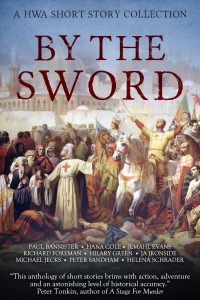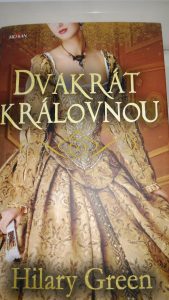Well, it’s that time of year again. Picking and freezing I lay waste my powers – to misquote Wordsworth. There are strawberries and raspberries from the local PYO farm to make into ice cream and summer puddings; French beans and mange tout peas and tons of courgettes to be frozen somehow, or turned into something else. To say nothing of keeping on top of the weeds!
But it doesn’t matter. For once I am well ahead with my writing. WORKHOUSE ORPHANS, my first Holly Green book, will be out in paperback on August 24th. The sequel, WORKHOUSE ANGEL, is finished and at the copy-editing stage. It should be in the libraries before the end of the year and out in paperback next summer. And I hope to finish the third book in the quartet by next spring. So for once I am free to enjoy the summer without feeling I should be at my desk.
I have found the research for these books really interesting. I knew very little about workhouses and the people who had to live in them but I soon had to expand my field of enquiry to take in Victorian society in general, and Liverpool in that period in particular. As always, I found the story taking me off in unexpected directions. Who could have guessed that it would lead me to the American Civil War and the blockade running ships built for the south in the dockyards of Liverpool and Birkenhead? Did you know that the final act of that conflict took place in the Mersey estuary? Or that Birkenhead Park was the first civic park designed for public use, and was the pattern for Central Park in New York? Book Two has taken me to Ireland, to look into the aftermath of the famine and convent education for girls, and the lives of Irish tinkers. And I found myself reverting to more familiar territory when the story led me to a travelling company of variety artistes.
Book Three will require research into nursing in the mid-Victorian era and the work of Florence Nightingale.
One good thing has come out of all this. I have found myself reading or re-reading Victorian authors – Dickens and the Brontes in particular. Nicholas Nickleby and Jane Eyre were potent sources of inspiration.
We have had two holidays this year. The first was a cruise from Amsterdam to Budapest with Viking and I must say we were very well looked after. It was a fascinating journey, with so many beautiful and interesting cities and landscapes on the way. I should have liked to spend longer in Vienna, but Budapest was definitely the highlight. Then, at the beginning of this month, we went with our son and his wife to the Verdon Gorges in the Alpes Maritimes, north of Nice. It is a spectacularly beautiful area and we had glorious weather. The only bad things were the journeys out and back. We flew into Nice quite late in the evening and had to queue for a long time to pick up our hire car. Then the sat-nav went mad and took us on a scenic tour of the area – which might have been nice if it had not been pitch dark! We finally reached our rented villa at 3am! Then, coming back, our flight was cancelled. After a long wait in another queue we were sent to a hotel for the night and told we could fly back the next day to Gatwick. Considering the fact that our car was at Liverpool airport, this was less than convenient. However, it turned out that there were seven of us in the same boat and easyjet sent us back by taxi. The other five were really lively companions and we passed the time chatting and telling travellers’ tales. I think I may also have sold a few books!
I hope you are all enjoying the summer and finding time to do some reading.
With best wishes
Hilary



